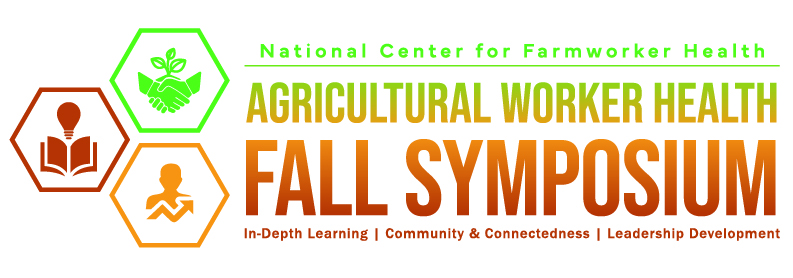Training Focus Areas
Training proposals should align with one of the following areas:
Advancing Service Delivery, Outreach, and Clinical Practices
This focus area centers on practical approaches to preventing and managing common health conditions. With an emphasis on proactive care and daily wellness, sessions will support healthcare staff in addressing the most frequently seen health needs in the field. By strengthening foundational practices such as nutrition, physical activity, and health condition management, this focus area helps improve long-term health outcomes and support work readiness. It will also highlight innovative service delivery and outreach strategies that expand access, reduce barriers, and improve continuity of patient care.
Topics may include:
- Preventing and managing chronic conditions such as diabetes, asthma, or hypertension
- Tobacco use prevention and cessation
- Developing clear and effective patient communication strategies
- Supporting healthy eating habits and promoting regular physical activity while addressing barriers to both
- Addressing stress, fatigue, and other factors affecting emotional wellbeing
- Improving service delivery models to increase access, continuity, and quality of care
- Strengthening outreach strategies that increase awareness and use of health services
Developing Leadership for Sustainable Impact
This focus area reflects one of the Symposia foundational pillars: empowering health center staff and community partners to become leaders in advancing health. Leadership development is key to sustaining innovative practices, strengthening collaboration, and ensuring that promising strategies take root across teams, organizations, and communities. Sessions in this area will focus on building confidence, skills, and systems that enable participants to lead effectively.
Topics may include:
- Building leadership capacity among frontline staff, CHWs, and outreach workers
- Coaching, mentoring, and succession planning to strengthen the workforce pipeline
- Fostering interprofessional teamwork and collaborative decision-making
- Leading organizational change to improve service delivery
